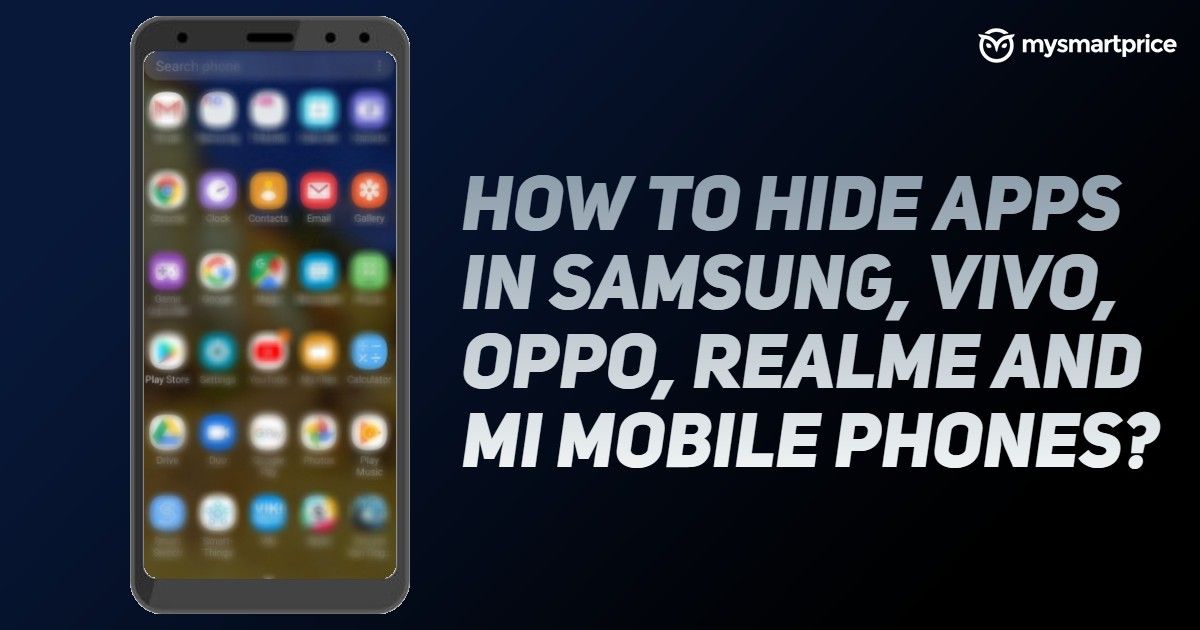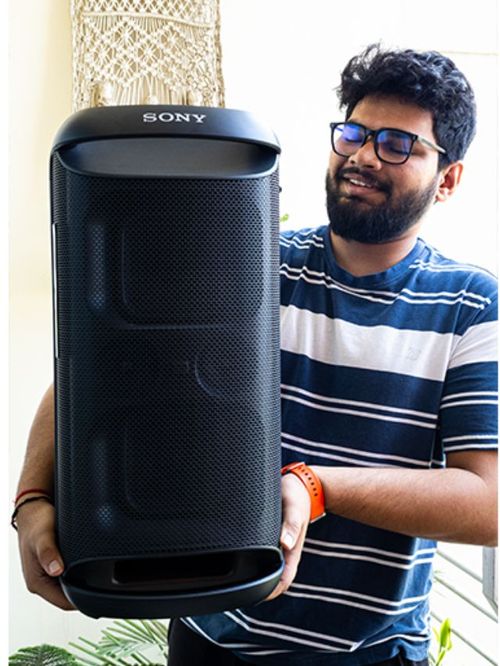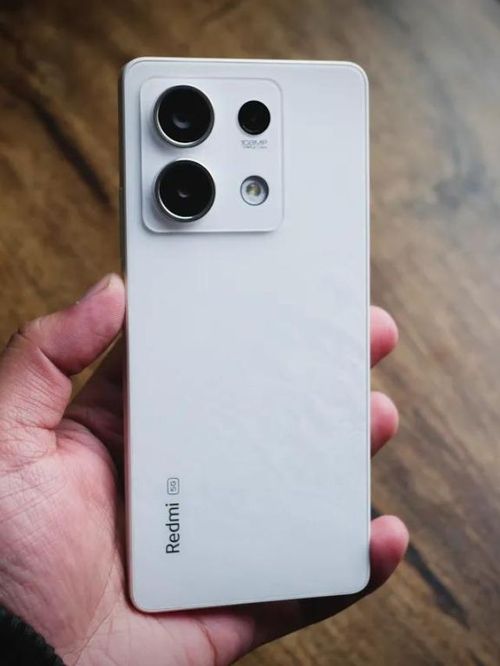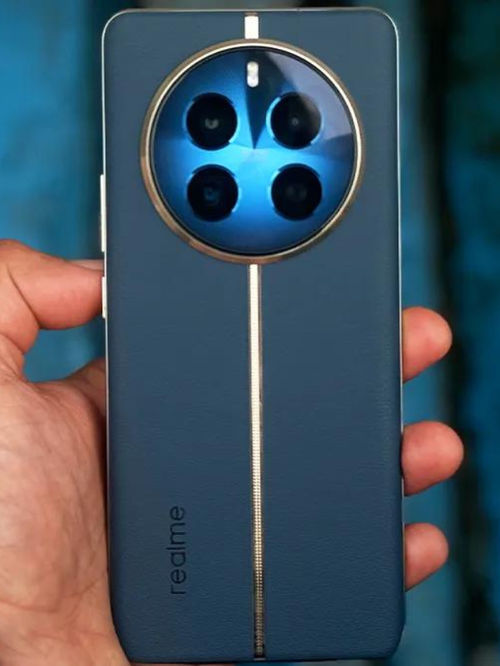The stock Android experience is preferred by many due to its simplicity and no bloatware except Google apps. It also means users miss out on many functionalities that are easily available on other Android skins. One such feature is the ability to hide apps which you cannot do on vanilla Android. The good news is Google has begun developing a new feature called Private Space that will offer native support for hiding applications.
Hide Android Apps With Private Space
The Private Space feature was first spotted as a new settings page with the Android 14 QPR2 Beta 1 release last month. It did not reveal many details at that time but with the latest Android 14 QPR Beta 2 release, Android Police’s Mishaal Rahman was able to get the feature up and running. He says the feature is accessible by visiting Settings > Security & Privacy > Private Space.
Private Space will let users hide their apps in a secure space that only they can access. Once enabled, it will be accessible from the bottom of your apps list. All apps in your Private Space will be protected by a lock. The best part is this lock can be the same as your screen lock or a different one. This is beneficial when you have shared your screen lock with someone but do not want to share your private space with them.
Another good thing about Private Space is that all of your hidden apps will also disappear from the permission manager, privacy dashboard, and other settings. This ensures that your hidden apps are truly hidden and cannot be found through other means.
Rahman adds that whenever Private Space is enabled, it essentially creates a new Android profile on the device. It is linked to the primary user, just like the work profile. All notifications from those apps will also be paused for the duration they are locked in the private space. It is the reason a user will need to sign into a Google account to install new apps to the profile from the profile’s instance of the Google Play Store.
The report says Google is also working on letting users access Private Space by searching for it in the app launcher’s search bar. The feature is currently in the development stage and a lot of things could change by the time it arrives on the public beta and eventually on a stable build. It is unknown when we may see Private Space as a publically available feature. It would not be surprising if Google is preparing this as one of the key Android 15 features.














